
Funny, macabre and charming, this dark comedy about grief had us squirming nervously through laughter. First-time feature writer/director Shawn Snyder delves 6-feet under into the question of how science and faith might work alongside each other in the grieving process. It’s all about ashes to ashes, dust to dust. But how long does that take?
Shmuel, a Hasidic cantor in Upstate New York, (Géza Röhrig, Son of Saul) has lost his wife to cancer. Following religious protocol is not enough to quell his grief nor his curiosity for what becomes of people when they die.
Shmuel becomes obsessed with what is happening to his wife’s physical body. He needs to know how fast it decomposes. He feels her soul won’t be at rest until she returns To Dust.
To get answers, Shmuel finds his way to a local community college and confront biology professor Albert (Matthew Broderick). Albert initially wants nothing to do with this crazy guy, but is eventually drawn in by his grief. He agrees to use scientific methods to determine what happens to a decomposing corpse with some pretty funny, outrageous experiments.
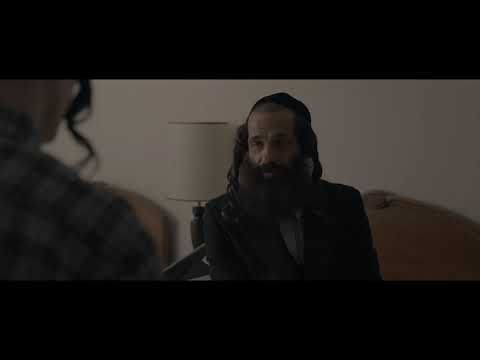
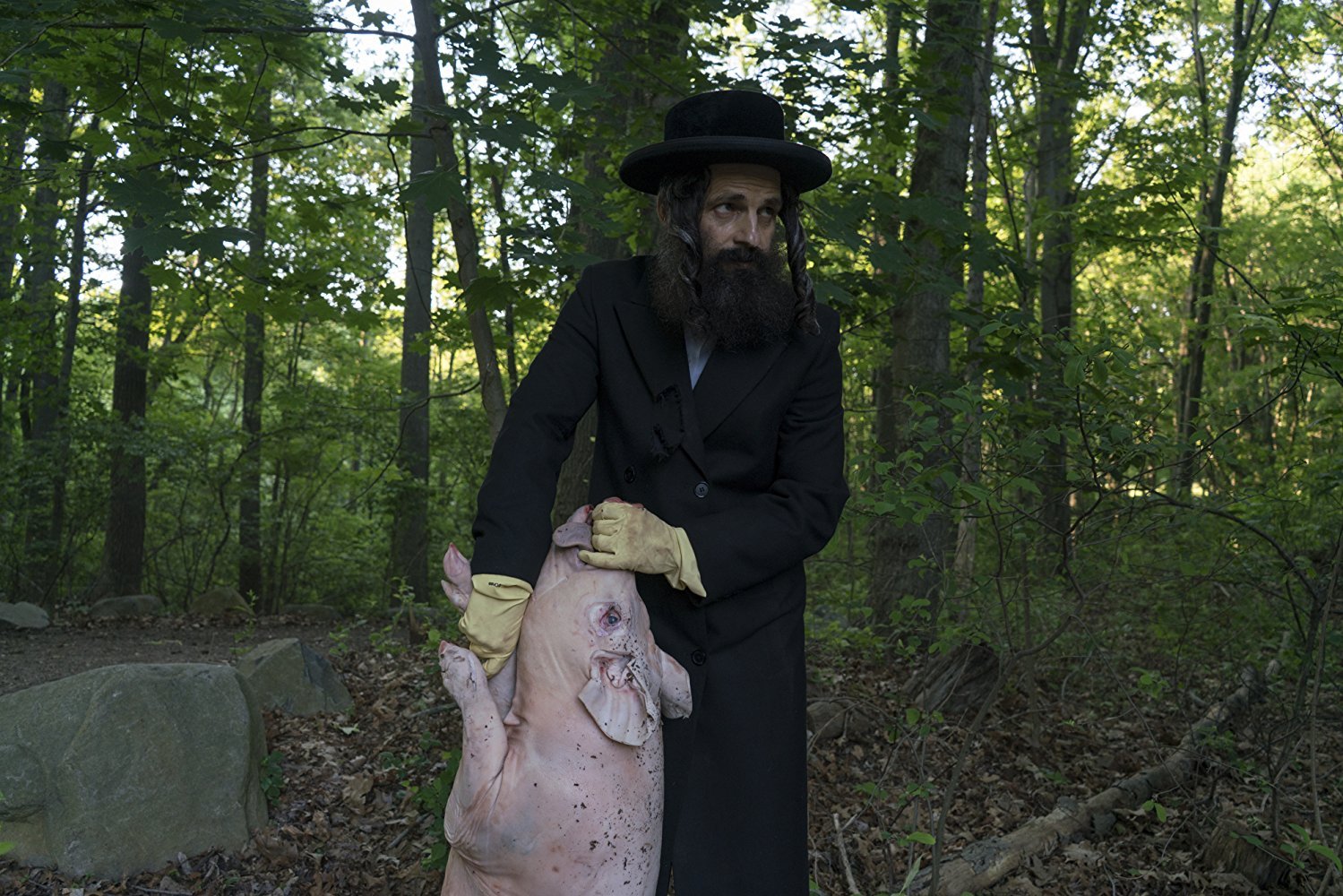
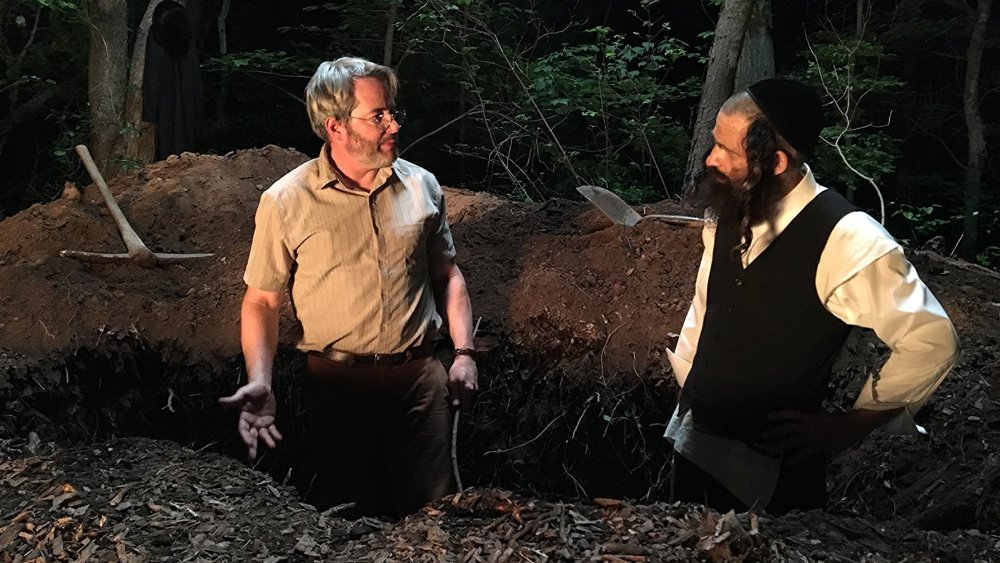
This is where Snyder wryly begins to place the grief in the background and transform the venture into an absurd buddy comedy with a road trip thrown in for good measure. Röhrig and Broderick make an unlikely pair, but it’s their opposite views of the world and their calm conversation about it that draws them together. Shmuel’s faith is his Northstar, yet he must put his faith aside to try to understand Albert’s devotion to science.
Broderick’s low key cynical humor plays nicely paired to Röhrig’s manic emotion as he tries to work through his grief and keep his religious zeal intact. Snyder and his co-writer Jason Begue walk the line between taking death too lightly. It doesn’t. And on the other hand, the graphic shots of a pig decomposing and dead bodies strewn about a “body farm” that law enforcement uses to better understand crime scenes.
Props to Snyder for not picking sides. He doesn’t elevate science or mock religion. There’s no preaching or elevating one way of life over the other which lets us experience the journeys of both men through clear eyes.
Shumel has two young sons who worry that their father is possessed by the mythological Hasidic demon, the Dybduk. His unusual behavior does little to dispel their fears. The scenes with his sons are under developed and without much context to the narrative. It just gives Snyder the opportunity to introduce the Cantor’s sons, who are somewhat matter of fact.
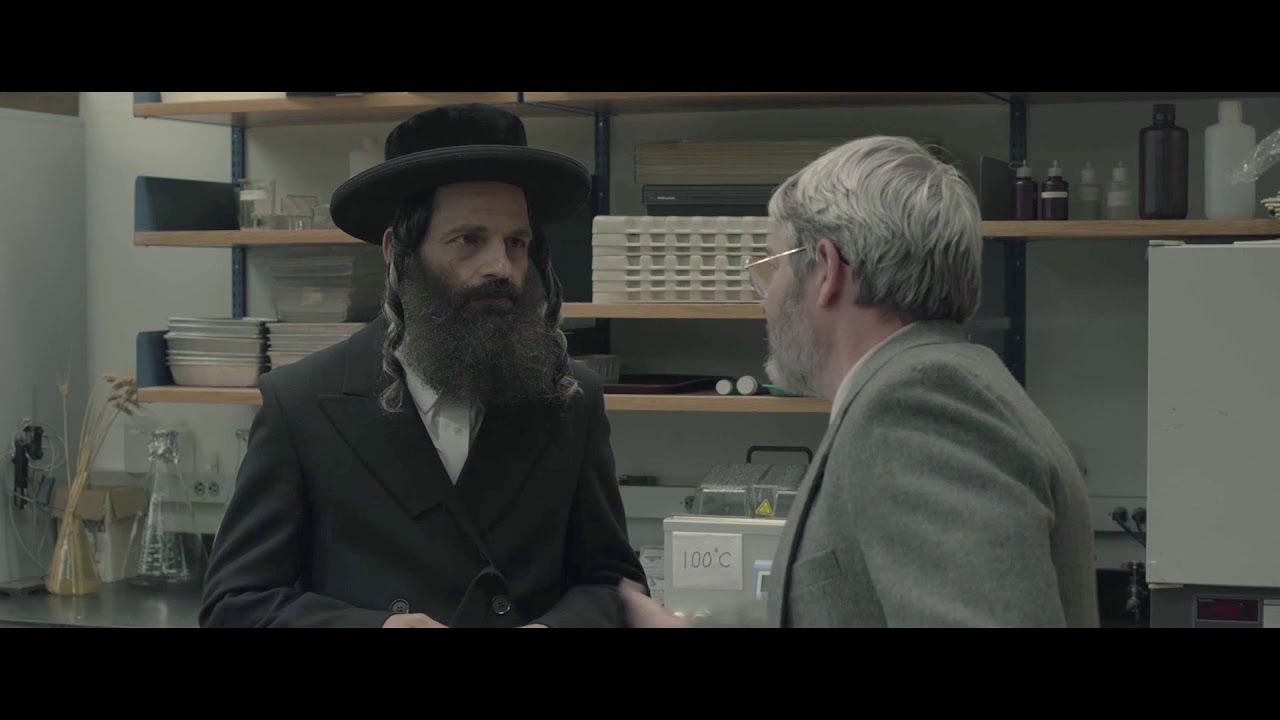
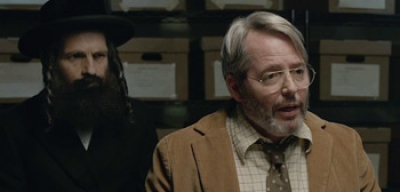
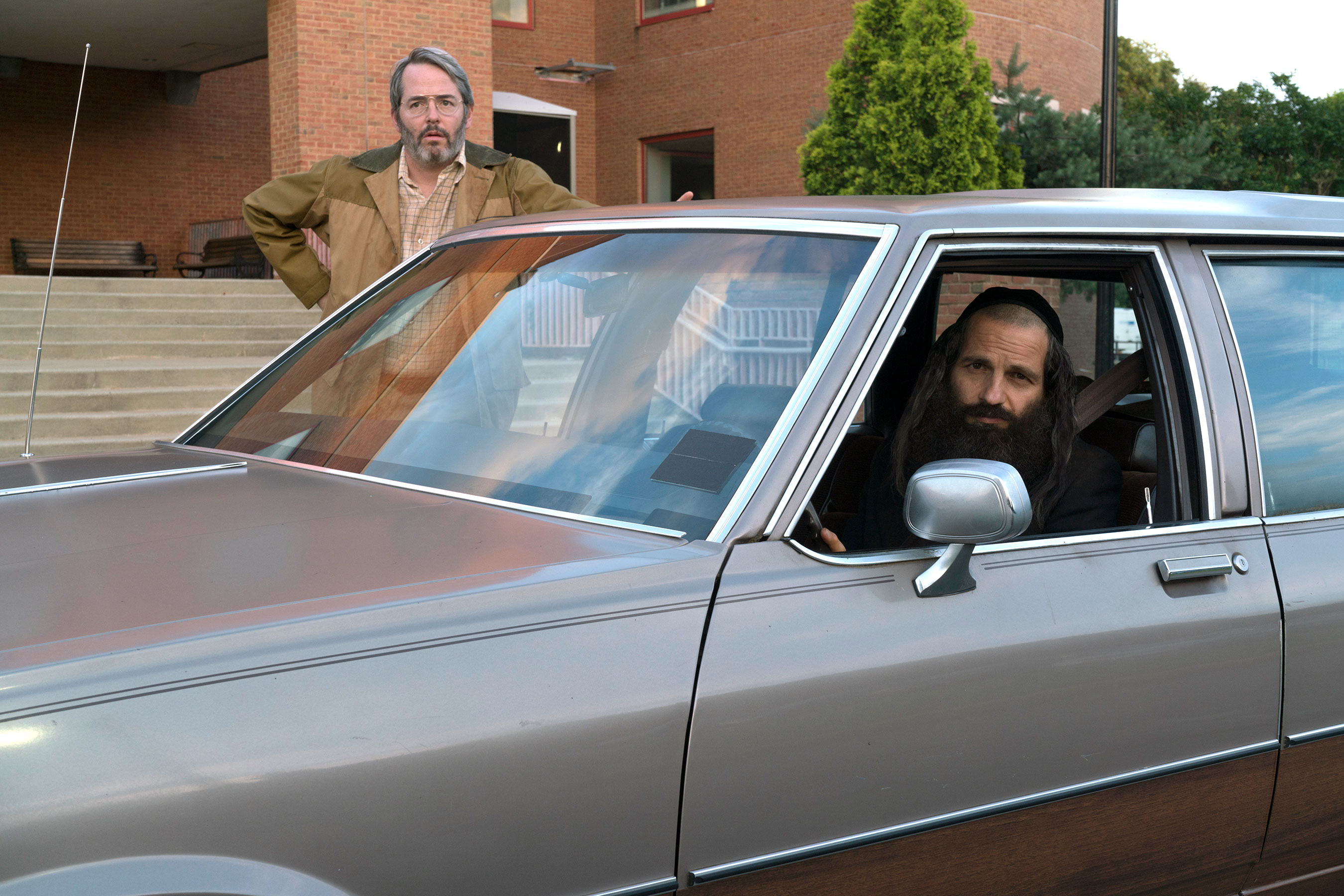
The look of the film evokes grief and loss throughout. Cinematographer Xavi Gimenez (The Machinist) chooses a cool, dark palate for Shmuel’s scenes, even in daytime, evoking the constant reminder of the loss he can’t escape.
Shmuel’s life as a cantor is making music that fills the soul, but his voice has been lost along with his wife, until he can get an answer to what’s burning in his soul. Making the connection to another person, Albert, ultimately helps let the light back into his life which Cinematographer Gimenez shows us in his final shots. And the Director shows more by having Shmuel find his voice.
This is certainly an original take on a universal theme. Loss is an inescapable part of the human condition, no matter what religion one follows, or not. Röhrig and Broderick do a masterful job of showing how a human connection can become the first step toward healing. That what makes To Dust no easy film to brush off.
Good Deed Entertainment 115 Minutes R









